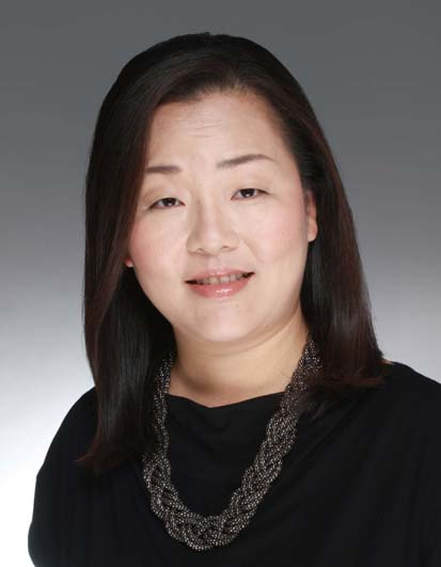 Do you know that dyslexia is also known by other names such as auditory processing disorder, orthographic processing difficulties, visual processing disorder or phonemic awareness deficit? What dyslexia is called often depends on the specialist carrying out the testing and the extent of their knowledge about dyslexia. Have you ever wondered how dyslexia develops? This was one of the burning questions I have when I was researching on ways to help my daughter. I found the answer in Ron Davis' book, The Gift of Dyslexia. The symptoms of dyslexia that we see in our children (omitting or skipping words or lines, substituting words, inconsistent spelling, ignoring or omitting punctuation marks, difficulty making certain speech sounds, poor sense of direction, problem with balance and coordination, frequent loss of train of thought, difficulty getting the sequence of thoughts down, etc) stem from their confusion with letters, common sight words, speech sounds, punctuation marks as well as math symbols and numerals. When they reach their threshold for confusion, false sensory perceptions kick in which affect their vision, hearing, balance/coordination and sense of time, which then translates to mistakes. Dyslexia is a big umbrella that covers different areas of weaknesses. It's not difficult to see intervention programmes or tools that are developed to target a specific area, depending on what that specialist's specialisation is, but what the child needs is a holistic approach to resolve the root cause of dyslexia.
2 Comments
14/4/2024 06:18:47 pm
Oqdghaiyuutryioiooetyuwfuiookjjookkjgd
Reply
Leave a Reply. |
Categories
All
Christina TanChristina has a Diploma in Disability Studies and is a licensed Davis Facilitator. |
|
|
Professional services described as Davis™, including Davis™ Dyslexia Correction, Davis™ Symbol Mastery, Davis™ Orientation Counseling, Davis™ Attention Mastery, Davis™ Math Mastery, and Davis™ Reading Program for Young Learners may only be provided by persons who are trained and licensed as Davis Facilitators or Specialists by Davis Dyslexia Association International. |


 RSS Feed
RSS Feed

